Oxford students visit L’Opéra to study challenges in emerging markets
Learning happens everywhere, not just in the classroom.
For Shawn McQueen-Ruggeiro, an NGO worker in Uganda, a visit to L’Opéra’s production facility in Noida was no less than a classroom experience. “My NGO is looking to start a cupcake bakery as an income-generating activity for the mothers of the girls we support. I was particularly interested in the difficulties and barriers of bringing such a high-end product to the marketplace in India, where refrigeration, energy, transportation and quality control are barriers which must be overcome,” he says.
At L’Opéra, being able to fully understand just how complex the operation is from procuring raw material to placing pastries on the shelf was very interesting,”
-Hema Vallabh
Reema Mehra, another student and a discerning lover of food and baked goods has taken the sweet memories back home. “I absolutely loved the L’Opéra experience and it was one of the most fascinating, passionate, and sweet (pun intended!) experiences while in Delhi. The brand is a true example of an inspiring SME that has succeeded in an emerging market and will continue to grow its wings, no doubt.”
“Kazem’s passion is so palpable, you can almost taste it in his pastries,” says Hema Vallabh, who is also a successful entrepreneur. “It’s a capital-intensive business in a price-sensitive market but I think L’Opéra has great potential for growth in certain parts of the country,” she adds.
“That there is real added value in having a business run by a family, and that – with the right and determination – everything is possible.”
-Elvira de Jong
Shawn, along with Hema and Reema, belong to the 25-member Executive MBA students’ group from Saïd Business School, Oxford University that was visiting L’Opéra as part of the international module–The Global Rules of the Game to help students understand the landscape and the challenges of doing business in emerging markets by witnessing the day-to-day operations of companies and challenges they face first-hand. India’s status as the world’s third largest incubator of New Economy start-ups made the country a key destination for the programme.
For the School, L’Opéra was an obvious choice.
From using the French Embassy kitchen to now owning a 12,000 sq ft production facility in Noida, L’Opéra has travelled a long way that spans a decade to become the foremost patisserie, boulangerie and Salon de Thé in Delhi-NCR. An Indian brand founded and run by a French family, the brand now plans to open another 60 outlets in the next five years.
Sitting in his office in Noida, Kazem Samandari, executive chairman, L’Opéra is listening to all the responses intently. The man, who is rarely seen without his phone (owing to the nature of his business), has kept it aside in order to avoid any possible distraction.
“L’Opéra runs on passion. The enthusiasm from the founder oozes in its products. I wish L’Opéra great success!”
-Anya Roy
“Although they were the students, it felt as if we were writing exams in front of them and I do think that we passed them with flying colours,” says the 68-year-old founder and a qualified engineer by profession whose expertise include promoting hi-tech start-ups in Asia. “But my heart lies with L’Opéra,” he says as he signs few cheques, briefs his staff on the brand’s biggest outlet at Max Towers, Noida and finally sits down to some coffee and croissants before heading into a business review meeting with the senior leadership.
“By showing your back-end, you always risk disappointing people,” he continues. “Though I could see that the students could see our commitment to quality and excellence but as everything else in life, there is always room for innovation and improvement.”
Establishing a business in India comes with its unique set of challenges. L’Opéra is not immune to problems such as lack of infrastructure, reliability of suppliers and procurement of raw material rear its head every now then. “Utilities such as electricity and water; the transport restrictions in Delhi with respect to vehicles; the condition of roads which makes the movement of delicate products problematic,” says Kazem. “We face problems with identification and training of qualified personnel; the ever-changing regulations and import duties and non-conducive climatic conditions in summer for our type of products are few challenges for us,” he adds.
“The passion L’Opéra exudes in bringing quality and excellence is directly experienced in their food. Delicious!”
-Shawn McQueen-Ruggeiro
Elvira de Jong, another student who has lived in Paris has a different take on this. “From an outside perspective, the leverage appeared high. The immense population and growing middle class seem to provide for big opportunities. I think the challenge is to reduce production costs while maintaining the quality. If they succeed in this, the sky is the limit,” she says.
Challenges notwithstanding, the brand will continue to expand across the country. “India is a fast-growing market, particularly in the line of Food and Beverage,” says Laurent Samandari, managing director and the brain behind L’Opéra. “Despite the challenges, we have decided to keep up with our expansion plans throughout the country and open new stores, particularly in the southern part of India,”.
“L’Opéra combines the vision and the courage of what an entrepreneur can do”
-Mazen Ghafeer
The dynamic nature of emerging markets plays a major role in shaping the future of entrepreneurs. Though, for Samandaris, there’s only one thing that could make a business work anywhere in the world. “For a business to succeed anywhere in the world, a systematic approach will help you surmount difficulties,” says Kazem. “In the contemporary world, where the planning horizon is much shorter and the commitment less pronounced, we decided to go with a systematic approach when conceiving, planning and executing the 10-year business plan. And that’s my advice to all the aspiring entrepreneurs. ”
By Anupma Mishra, L’Opéra

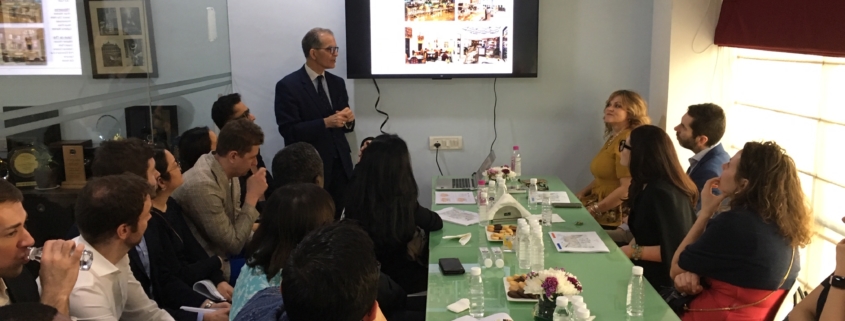
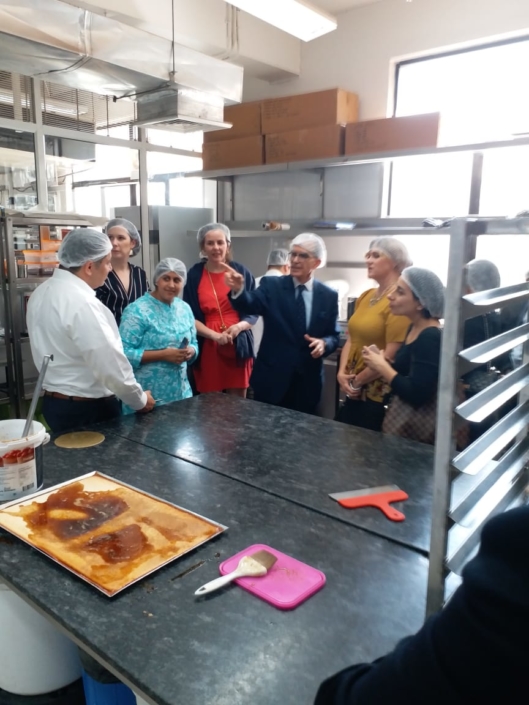
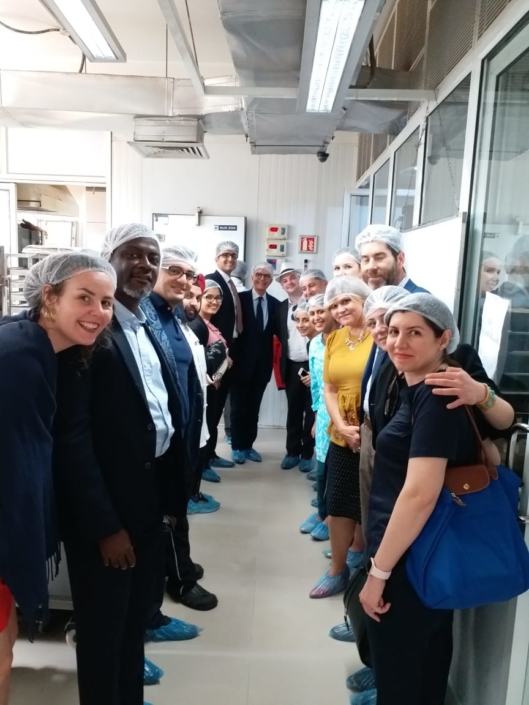
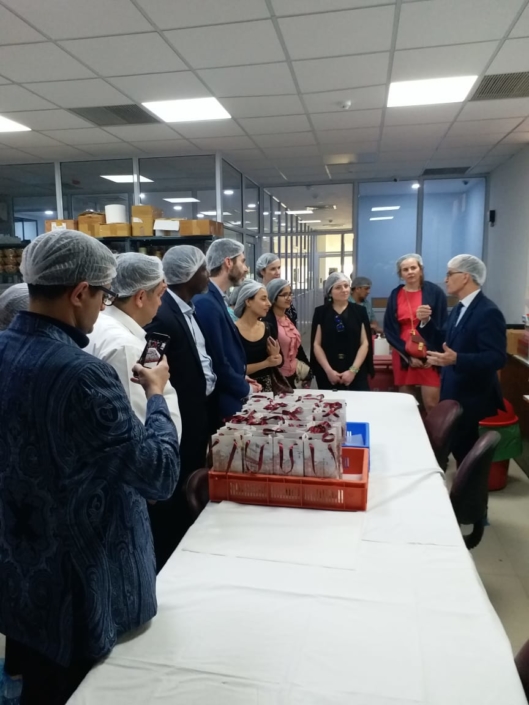
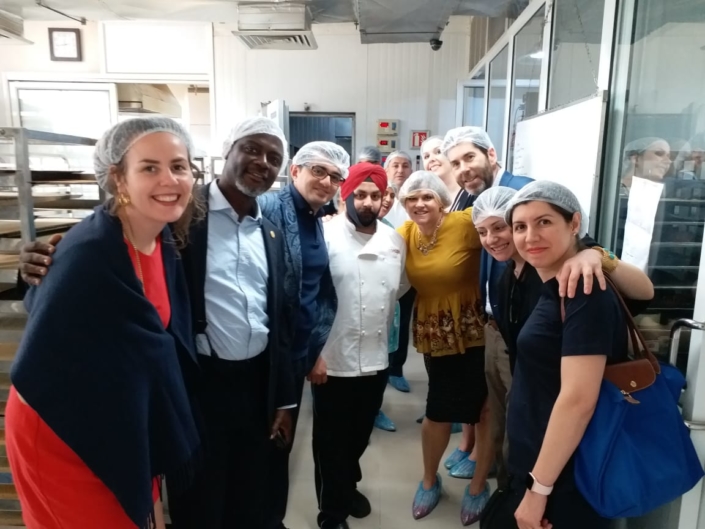
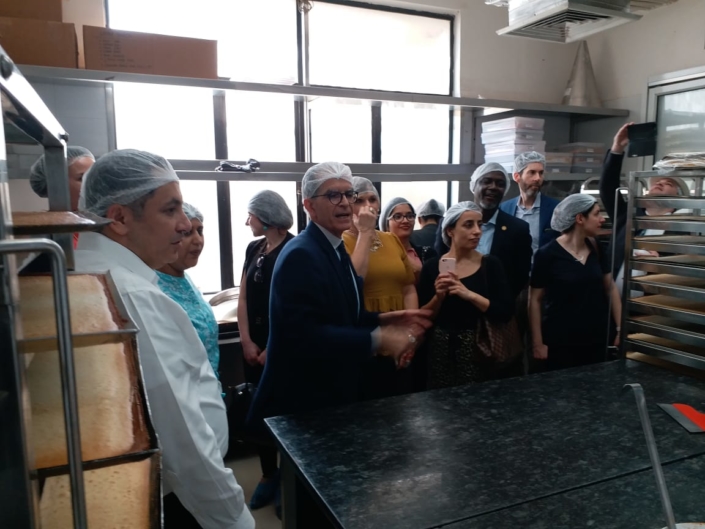


 12719055000654 | CIN:U15220DL2008PTC184247
12719055000654 | CIN:U15220DL2008PTC184247
